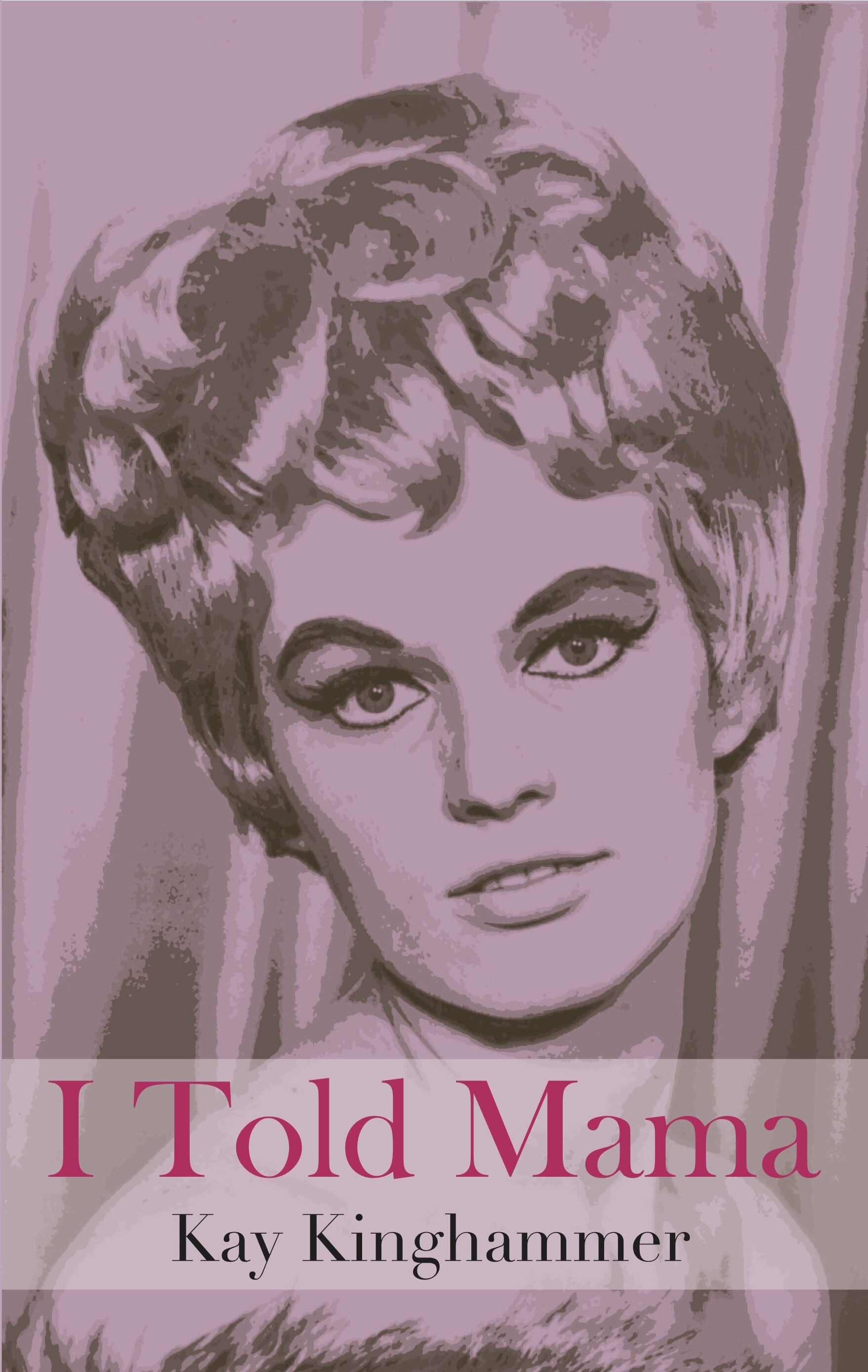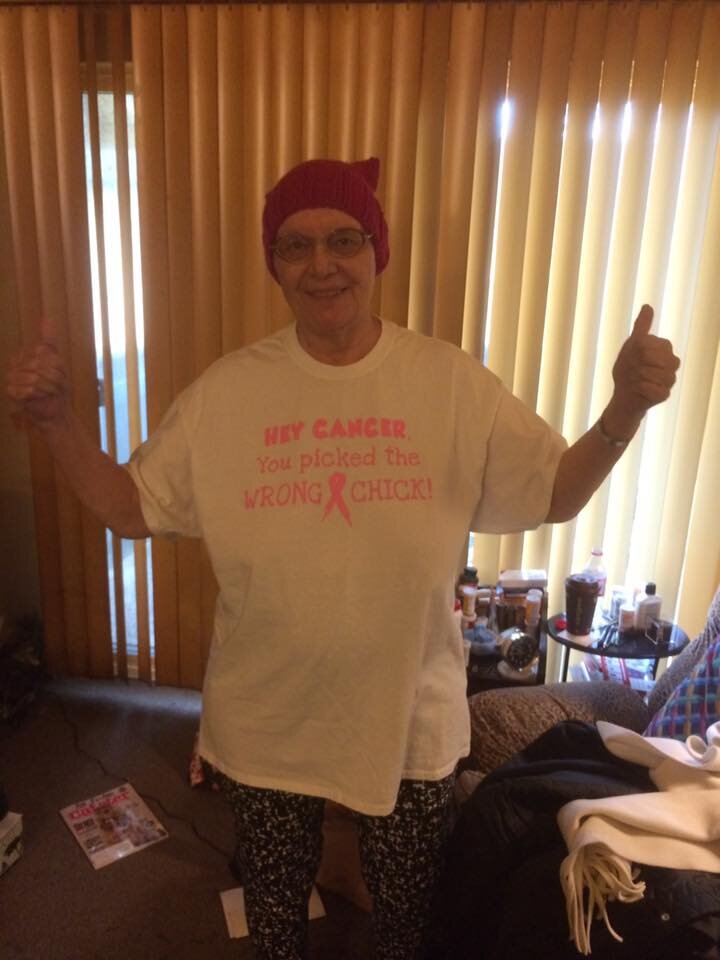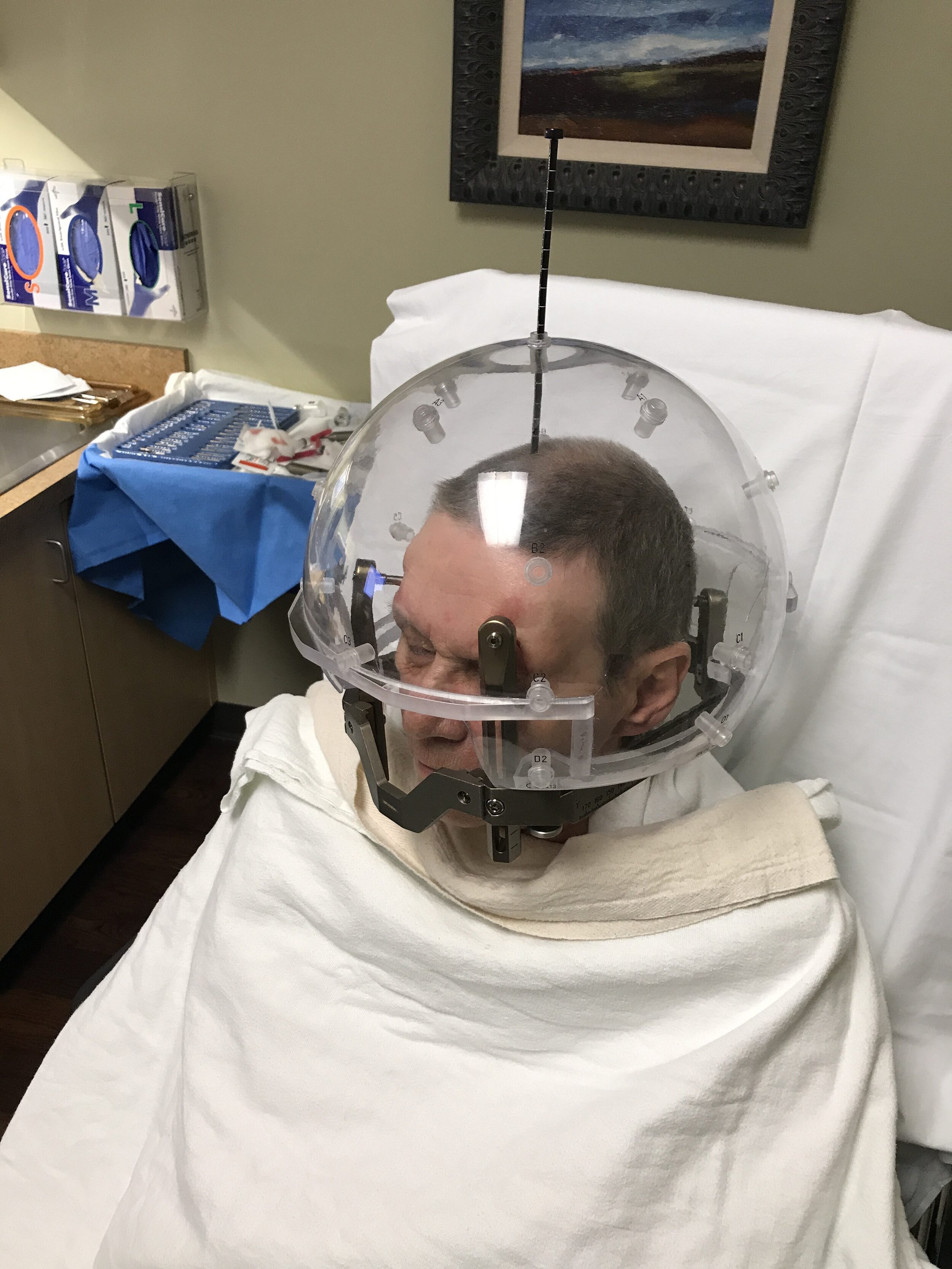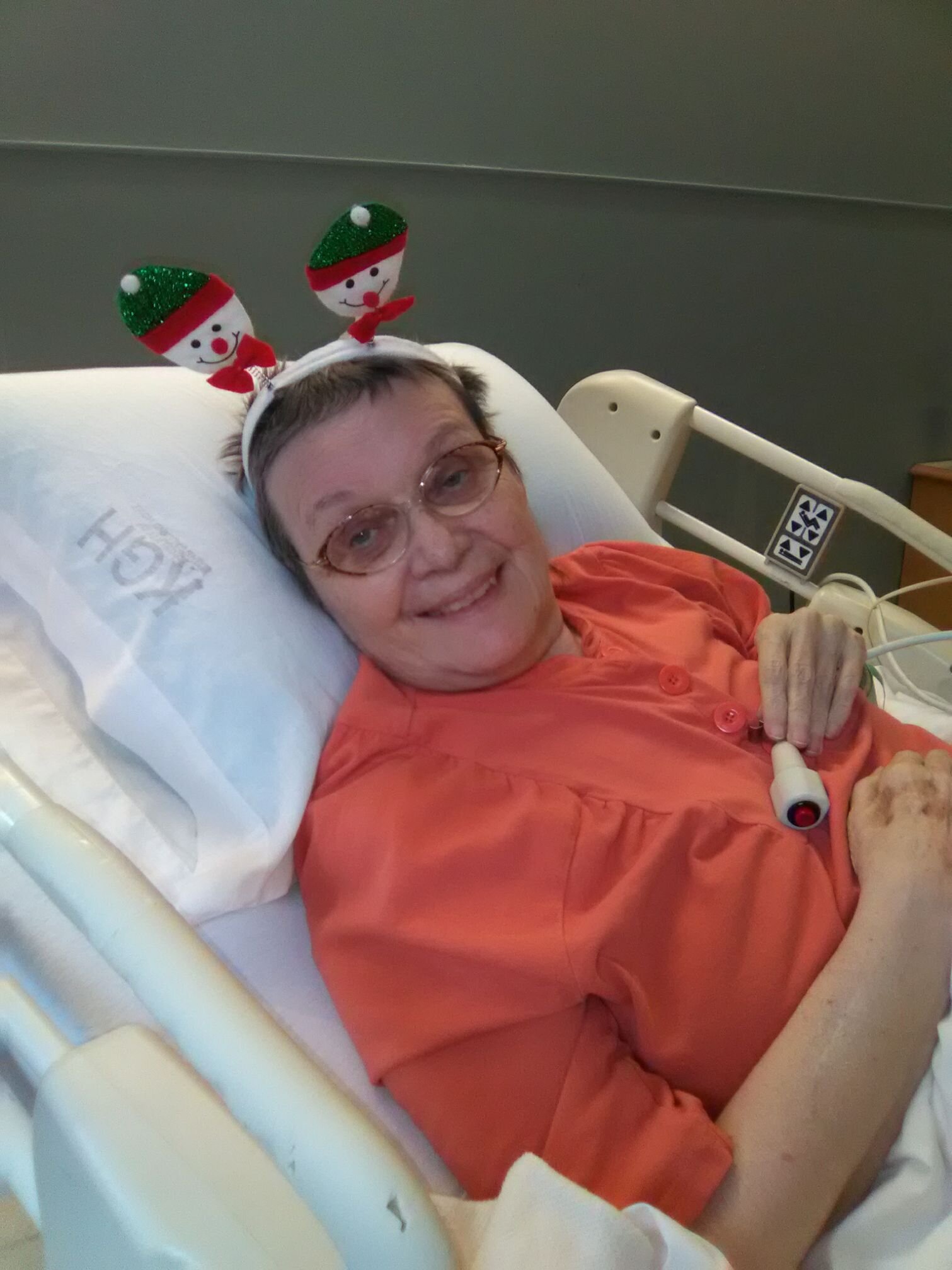The Silencing of a Poet
She labors in her breathing, her chest makes the sound of a tea kettle boiled dry. Unconsciousness is a mercy. I read her the poems sent to her by her Facebook friends, fellow poets who, over the years have buoyed each other upon the strength of words. The outpouring of love for her shows up in the form of comments and poems. Her influence through words travels continents.Two days ago, I read her a poem, "Dragonfly," by David Seter and she awoke from her slumber and smiled."Oh, you liked that one, did you?" I asked. "Shall I read it again?" She nodded. I read it three times.The next day, I read another, "Persimmons" which elicited a slight smile behind closed eyes. But she was unable to nod when I asked if she liked it.Today I read Persimmons again over the rattle of her shallow breaths and there was no response whatsoever. I hope, somewhere deep within her consciousness she hears the words and they comfort her.Why, I wonder, can't they just give her a full dropper of morphine? Or two? I know this is not how she wanted to spend her last days.I met Kay ten years ago at a Friday morning coffee shop writing group. She, a poet, armed herself with a non-fat latte, a blue paper bag of Swiss chocolate truffles, a journal and a pen. While the rest of us typed onto our computers, Kay filled notebooks with her loopy script, regaling us with her words after our allotted 45 minutes of writing. Sometimes she wrote about a person, artwork or street scene near where we sat; sometimes she wrote about a bad relationship; sometimes she wrote from a prompt she'd seen that morning. When Trump was elected, her poems became angry diatribes, her disgust for the man, plain. She read her poems in a catchy monotone, each line no more, or no less significant than the last.Over the years, though her poetry, I learned her story. She'd had a son at 17 and left home. She'd made ends meet as a stripper. She went back to school and got a degree. She worked for many years in an administrative role at the University of Washington. She'd spent her childhood summers with her grandparents on a farm on the Wenatchee River and had several disastrous relationships with men. She lived with her nephew, was like a mother to him, since he was unable to fully function in the world.She wrote often of her loneliness.I helped her publish a volume of her work for a poetry festival she attended in Ireland. I learned more of her story through her poems as I laid out each page, designed a cover featuring a photo of her in her bouffant-stripper days, and had the book published in time for her trip. During her time in Ireland, she read her poems in pubs and bookstores and sold copies of her book. Upon her return from Ireland, she was absent from several Friday groups. I eventually learned she'd been diagnosed with lung cancer. When she reappeared at the cafe one Friday, I asked if I could be of any help. I had, in the past, after she broke her arm, ferried her back and forth to our writing group. I offered to do so again, an offer she took me up on.Chemo began her treatment regimen, once a week for 5 weeks. I couldn't leave her to sit through chemo alone, so I sat with her and became proficient at chemo jokes involving "cocktails." There were frequent doctor's appointments and I started accompanying her on those as well, as a second set of ears to what was happening. I got a crash course in small-cell lung cancer. It's a type of cancer that has a high incidence of metastisizing to the brain, so once chemo was done, radiation of the brain was next. Radiation was every day for 3 weeks, a break, and repeat. They gave us a tag for the dashboard of my car that allowed us to park for free, close to the hospital.For the first Women's March in Seattle, in January 2017, she was disappointed not to be able to join in, so I knit her a pussy hat, which she loved and wore throughout her treatment which lasted until June. In the car back and forth, we'd have long conversations about the state of politics and I worried about Trump's effect on her health.
Upon her return from Ireland, she was absent from several Friday groups. I eventually learned she'd been diagnosed with lung cancer. When she reappeared at the cafe one Friday, I asked if I could be of any help. I had, in the past, after she broke her arm, ferried her back and forth to our writing group. I offered to do so again, an offer she took me up on.Chemo began her treatment regimen, once a week for 5 weeks. I couldn't leave her to sit through chemo alone, so I sat with her and became proficient at chemo jokes involving "cocktails." There were frequent doctor's appointments and I started accompanying her on those as well, as a second set of ears to what was happening. I got a crash course in small-cell lung cancer. It's a type of cancer that has a high incidence of metastisizing to the brain, so once chemo was done, radiation of the brain was next. Radiation was every day for 3 weeks, a break, and repeat. They gave us a tag for the dashboard of my car that allowed us to park for free, close to the hospital.For the first Women's March in Seattle, in January 2017, she was disappointed not to be able to join in, so I knit her a pussy hat, which she loved and wore throughout her treatment which lasted until June. In the car back and forth, we'd have long conversations about the state of politics and I worried about Trump's effect on her health. Each day, I'd pick her up, carrying her purse and walker as she clung to the rail and eased herself down three flights of steps, across the broken concrete of her crumbling apartment complex to my car. I'd settle her into my front seat, fold her walker into my trunk and we'd be off. We'd do the waiting room puzzles and meet with the oncologist who grew increasingly agitated at her decline. She didn't heed his recommendations to get out of the house and walk, preferring the comfort of her worn recliner in front of the TV. In her nicotine-yellowed apartment, thick layers of dust coated book-filled shelving that groaned under the weight, a collection of frogs lined every surface. The carpet was patterned with cigarette burns. I dared not enter the kitchen.Eventually, as predicted, the cancer in her lungs became a glioblastoma of the brain, an incurable and terminal disease. Ironically, the lung cancer was gone. Seizures in her right arm, resulted in several late-night ambulance trips to the ER. The first couple of times, she was admitted to the Neuro unit where I'd visit her, armed with non-fat lattes and blue bags of chocolate truffles. The ER visits became more frequent, so I'd arrive and calm her and simply drive her home again, since the neuro unit had no cure on offer.The seizures left her right hand debilitated, unable to write, rendering the poet wordless. This was her true death.Twice, after her neuro ward visits, she underwent gamma knife surgery to zap several tiny lesions in her brain. She was strapped into a helmet that made her look like a character from a Dr. Who episode."Take me to your leader," she'd joke.
Each day, I'd pick her up, carrying her purse and walker as she clung to the rail and eased herself down three flights of steps, across the broken concrete of her crumbling apartment complex to my car. I'd settle her into my front seat, fold her walker into my trunk and we'd be off. We'd do the waiting room puzzles and meet with the oncologist who grew increasingly agitated at her decline. She didn't heed his recommendations to get out of the house and walk, preferring the comfort of her worn recliner in front of the TV. In her nicotine-yellowed apartment, thick layers of dust coated book-filled shelving that groaned under the weight, a collection of frogs lined every surface. The carpet was patterned with cigarette burns. I dared not enter the kitchen.Eventually, as predicted, the cancer in her lungs became a glioblastoma of the brain, an incurable and terminal disease. Ironically, the lung cancer was gone. Seizures in her right arm, resulted in several late-night ambulance trips to the ER. The first couple of times, she was admitted to the Neuro unit where I'd visit her, armed with non-fat lattes and blue bags of chocolate truffles. The ER visits became more frequent, so I'd arrive and calm her and simply drive her home again, since the neuro unit had no cure on offer.The seizures left her right hand debilitated, unable to write, rendering the poet wordless. This was her true death.Twice, after her neuro ward visits, she underwent gamma knife surgery to zap several tiny lesions in her brain. She was strapped into a helmet that made her look like a character from a Dr. Who episode."Take me to your leader," she'd joke. For some reason, cancer in the brain is not a "tumor" but a "lesion." I pictured her brain filled with tiny canker sores, their edges white, holes gaping.Soon, the three flights of stairs to her recliner were an impossible obstacle and the social workers got her into hospice. I was relieved. Now she could eat proper meals, get help moving and be assured of taking the proper medications.But it also meant no more gamma ray surgery, no more doctor's appointments. No more treatment. This death thing was getting real.I kept up with the dark humor, often leaving her room saying, "you're doing a great job dying, Kay!" or arrive asking "how's the dying going, Kay?" It always made her laugh. The truth was, she WAS doing a good job dying. She was putting her affairs in order, making sure her nephew was taken care of. His angel of a step-sister would be moving him into her home where he would have his own room, new clothes, a proper diet and enforced bathing.I facilitated a meeting with her son, with whom she'd been estranged for sixteen years. I did not ask the reason for their estrangement, just sat as they spoke. He told her loved her, but was unable to provide the hug she so desperately longed for.We talked openly about how she wanted to die: quick and dignified. The nice thing about hospice is that the "no heroic measures" directive is built-in.Her first month in the hospice care unit, her goal was to organize a final poetry reading."If I can just make it to the 19th," she said, "I'll have done everything I need to do.""Of course you'll make it to the 19th," I said. She seemed a long way from death to me then. It seemed she had many months to live.For the reading, she invited her old poetry group to read with her and they read to an audience of assisted living residents, many in wheelchairs or with walkers parked beside them. She was happy about her performance and enjoyed seeing her old friends.A few days after the reading, she became muddled. She complained about prune juice and suppositories and a mystery man who was harassing her. She complained about two sisters caring for their mother who, in their meanness, forced their mother's wonderful personal caregiver to quit. She was convinced they had taken away her "hat," a Christmas headband sporting snowman antlers.
For some reason, cancer in the brain is not a "tumor" but a "lesion." I pictured her brain filled with tiny canker sores, their edges white, holes gaping.Soon, the three flights of stairs to her recliner were an impossible obstacle and the social workers got her into hospice. I was relieved. Now she could eat proper meals, get help moving and be assured of taking the proper medications.But it also meant no more gamma ray surgery, no more doctor's appointments. No more treatment. This death thing was getting real.I kept up with the dark humor, often leaving her room saying, "you're doing a great job dying, Kay!" or arrive asking "how's the dying going, Kay?" It always made her laugh. The truth was, she WAS doing a good job dying. She was putting her affairs in order, making sure her nephew was taken care of. His angel of a step-sister would be moving him into her home where he would have his own room, new clothes, a proper diet and enforced bathing.I facilitated a meeting with her son, with whom she'd been estranged for sixteen years. I did not ask the reason for their estrangement, just sat as they spoke. He told her loved her, but was unable to provide the hug she so desperately longed for.We talked openly about how she wanted to die: quick and dignified. The nice thing about hospice is that the "no heroic measures" directive is built-in.Her first month in the hospice care unit, her goal was to organize a final poetry reading."If I can just make it to the 19th," she said, "I'll have done everything I need to do.""Of course you'll make it to the 19th," I said. She seemed a long way from death to me then. It seemed she had many months to live.For the reading, she invited her old poetry group to read with her and they read to an audience of assisted living residents, many in wheelchairs or with walkers parked beside them. She was happy about her performance and enjoyed seeing her old friends.A few days after the reading, she became muddled. She complained about prune juice and suppositories and a mystery man who was harassing her. She complained about two sisters caring for their mother who, in their meanness, forced their mother's wonderful personal caregiver to quit. She was convinced they had taken away her "hat," a Christmas headband sporting snowman antlers. "I know I can just tell them No!" she said. "I can always say no." She might have been talking about the nurses giving her suppositories, the sisters or the mystery man. I kept asking who this mystery man was that bothered her, thinking he was someone she sat with during meals, but she couldn't tell me. One day, it dawned on me that the man she was so angry with was Trump. She knew she was angry at a man, but couldn't remember who.One day, I sat with her and held her hand. She seemed agitated and upset, but couldn't express her feelings."You've been very brave, Kay," I said. "You know, everything is taken care of now. Mark is living with his sister, I have your apartment cleared out, all your notebooks and writing stuff will be going to the University of Washington the way you wanted."She nodded her agreement."Kay, if you're ready, it's OK to let go now. Everyone is going to be OK. You don't need to worry anymore."She nodded again. I hugged and kissed her goodbye that night and hoped she understood. Within two days of that conversation, I had a call from the head nurse."She's becoming much more confused. This is the course we've been expecting. She will likely become more sleepy as the swelling in her brain increases. You might want to begin notifying family members, as I don't think it will be much longer now."Her decline has been rapid and exactly one month from her last poetry reading, she lies struggling to breathe through her death rattle. I hold her hand and wish for a quick end. I have spent a year and a half caring for her, becoming her daughter in many ways, taking over her finances, being the point person for her care. I never imagined, back when I offered to drive her to a chemo appointment, that I would be the one sitting at her bedside watching her die, but I couldn't be more honored to be doing so.Arron's death was so metaphysical and abstract. I saw no body, had no ashes to sprinkle. Witnessing death up close is a very different thing. I've learned I have little fear of death, something I've been aware of since Arron died. I hope I've managed to infuse Kay with some of my fearlessness towards death, and have eased her journey just a little. I hope in some tiny way, I've paid forward some of the love and support I've received through the years after Arron's death, and that it won't be my last opportunity to do so.Rest easy, my dear Kay. It's been an honor to know you and walk this journey with you. Your words remain. Immortalizing you.
"I know I can just tell them No!" she said. "I can always say no." She might have been talking about the nurses giving her suppositories, the sisters or the mystery man. I kept asking who this mystery man was that bothered her, thinking he was someone she sat with during meals, but she couldn't tell me. One day, it dawned on me that the man she was so angry with was Trump. She knew she was angry at a man, but couldn't remember who.One day, I sat with her and held her hand. She seemed agitated and upset, but couldn't express her feelings."You've been very brave, Kay," I said. "You know, everything is taken care of now. Mark is living with his sister, I have your apartment cleared out, all your notebooks and writing stuff will be going to the University of Washington the way you wanted."She nodded her agreement."Kay, if you're ready, it's OK to let go now. Everyone is going to be OK. You don't need to worry anymore."She nodded again. I hugged and kissed her goodbye that night and hoped she understood. Within two days of that conversation, I had a call from the head nurse."She's becoming much more confused. This is the course we've been expecting. She will likely become more sleepy as the swelling in her brain increases. You might want to begin notifying family members, as I don't think it will be much longer now."Her decline has been rapid and exactly one month from her last poetry reading, she lies struggling to breathe through her death rattle. I hold her hand and wish for a quick end. I have spent a year and a half caring for her, becoming her daughter in many ways, taking over her finances, being the point person for her care. I never imagined, back when I offered to drive her to a chemo appointment, that I would be the one sitting at her bedside watching her die, but I couldn't be more honored to be doing so.Arron's death was so metaphysical and abstract. I saw no body, had no ashes to sprinkle. Witnessing death up close is a very different thing. I've learned I have little fear of death, something I've been aware of since Arron died. I hope I've managed to infuse Kay with some of my fearlessness towards death, and have eased her journey just a little. I hope in some tiny way, I've paid forward some of the love and support I've received through the years after Arron's death, and that it won't be my last opportunity to do so.Rest easy, my dear Kay. It's been an honor to know you and walk this journey with you. Your words remain. Immortalizing you.
A Day in the Life of the Poetby Kay Kinghammer
She isMourning in the morning,Sad at six,Sorrowful at seven,Elegiac at eight,Nostalgic at nine,Troubled at ten,Morose at midmorning,Edgy at eleven,Numb at noon,
Obsessive at one,Tense at two,Terrified at three,Angry in the afternoon,Furious at four,Fevered at five,Sanctimonious at six,Sardonic at seven,Teary in the twilight,
Eager at eight,Nervous at nine,Tender at ten,Earthy and easy at eleven,Aware and awake and alone at midnight,Naked in the night.
Pay Attentionby Kay KinghammerMolecules, designed to be mysterious,Fulfill their function, build a model,Make an atom, cleave together, pulledBy a strong force, do-si-do in universalEternal dance. Everything dances together,Window and air, souls shedding bodies,Frame and glass, eyes and sight and view.You and I, witnessing miracles happening,Over and over, sigh, each to the other,“Pay attention, this moment may never return.”

